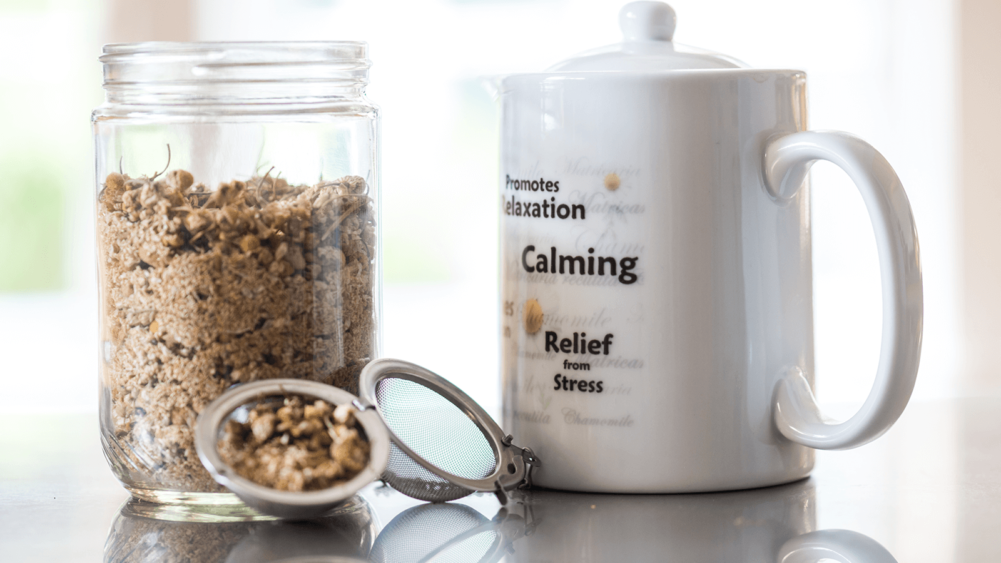
Your whole you, part 3 of 7 – sleep
Apr 3, 2020
Anyone who has ever set their alarm clock for extra early in an effort to go to the gym before work, only to press snooze a million times, understands perfectly how being overtired can sabotage health goals…
You are a mental/emotional/spiritual being in a physical body. Are you tending to all aspects of you? Pause and take some time to reflect on each one the following. I’ll be addressing one key element of your life per blog over the next few weeks. When you attend to these foundational lifestyle factors, your body is more likely to feel stronger, healthier and ready to overcome whatever it may need to! And remember, I’m here to support you – you’re not alone in your process!
-
- Nourishment, hydration
- Movement
- Sleep
- Your environment, toxicity
- Relationship with yourself
- Relationship with others
- Relationship with something greater
Sleep
Anyone who has ever set their alarm clock for extra early in an effort to go to the gym before work, only to press snooze a million times, understands perfectly how being overtired can sabotage health goals. Have you ever noticed how hungry you are on days when you didn’t get enough sleep? That’s because ghrelin and leptin, the hormones in charge of hunger and satiety, are affected by lack of sleep. Research shows less sleep equates to higher levels of ghrelin (hunger) and lower levels of leptin (satiety).
Getting enough sleep is the foundation for a healthy lifestyle. Without enough ZZZZs, a healthy diet and exercise can seem too difficult to accomplish because you are physiologically set up for failure. In fact, the Institute of Medicine found, “Persons experiencing sleep insufficiency are more likely to suffer from chronic diseases such as hypertension, diabetes, and obesity, as well as from cancer, increased mortality and reduced quality of life and productivity”.
So how does one get enough sleep in this busy, often demanding, stressed out world we live in?
Make sleep a priority.
Even going to bed a half-hour earlier can make a world of difference. Just like babies that get overtired and can’t fall asleep, so can adults. Let’s set you up for success!
Sleep hygiene tips
- Go to bed at the same time every night and wake up at the same time every day. Your body was designed for a sleep/wake routine, aka your circadian rhythm.
- No alcohol, caffeine, nicotine or electronics at least 30 minutes before bed. These are ALL stimulants. Even alcohol, eventually. You might get sleepy after a “nightcap” but you are more likely to wake in the middle of the night once your body has finished metabolizing the alcohol and your blood sugar drops.
- Have a small snack of protein before bed, especially if you wake between the hours of 1 and 3 AM. The protein will help keep your blood sugar stable throughout the night to help keep you asleep. Low blood sugar equals high cortisol, which is your body’s “wake” hormone.
- Create a bedtime routine. When repeated each night before bed, brushing your teeth, washing your face, reading a few pages of a good book are all cues to tell your brain it’s time to go to sleep.
- Keep the bedroom cool. Most people sleep better when the room is kept between 62 and 70 degrees.
- Use essential oils like lavender, bergamot, and chamomile. Dilute in a “carrier oil” like coconut or sweet almond oil and rub on your temples, apply to the bottom of your feet or undiluted, diffuse in the air of your bedroom. These herbs have a calming effect on your nervous system.
If that’s still not working, that’s when individualized information is needed. Schedule an appointment with me to get started.
Once you’ve begun to play with your sleep and… then consider your blood type as another piece of the puzzle.
- As a blood group ‘O’, you could likely see your anxiety and/or insomnia resolve when following your dietary and movement guidelines. When in balance, ‘O’s tend to need less sleep than people of other blood types.
- Your nervous system as a blood group ‘A’ is soothed when you go to bed no later than 11 PM and sleep for eight hours or more. And, don’t linger in bed after you wake – get up and start your day!
- If you are a ‘B’ blood type, go to bed no later than 11 PM and sleep for eight hours or more. It is important for your overall health and inflammation that you maintain your circadian rhythm.
- AB’s often get left out of this blood type discussion, mainly because we (yes, this is me!) are a small percentage of the population, have less data about us, and vary between being more A-like and more B-like. So, as you read the explanations throughout my writing, see where you tend to fall. I, for example, am an AB that is mire A-like, than B-like.
Go slowly, listen to your body, and be gentle with yourself xoxo
For the next few days,
Prioritize your sleep…
After how many hours of sleep do you wake on your own without an alarm? Can you create a life schedule that accommodates those hours? What time would you have to be asleep by to get up at your required time and still get your hours?
